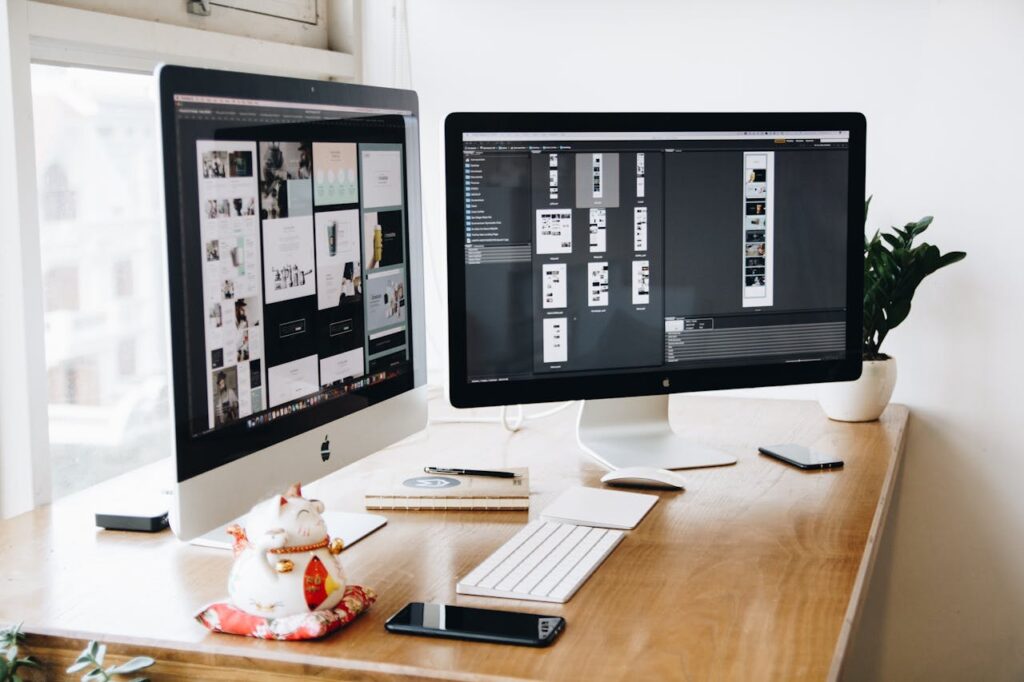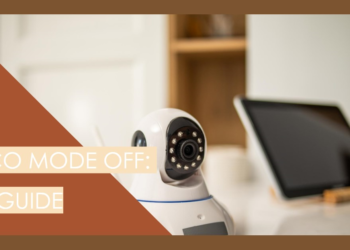Learn about What are Light tech computers. Light tech computers are energy-efficient, lightweight, and portable devices ideal for students, professionals, and travelers seeking affordability and mobility.
Light tech computers, as they have been referred to, are computers specifically designed to be very lightweight, energy-efficient, and built for portability-the spaces of light tech computers can have usage minimalistic hardware configurations but enough general performance. They are now very common in schools, businesses, or casual users preferring mobility and cost-reduction features.
What are Light tech computers?
Light tech computers are energy and space-saving devices that are lightweight and portable computing devices. They also have applications in ultrabooks, tablets, and thin cloud clients. They are often fanless and have solid-state drives and optimized processors for traveling consumers as well as energy-efficient computing environments.
Key Features of Light Tech Computers
1. Portability
Light tech laptops are also designed to be compact and usually have weight ranging from about 1 to 3 kg. Given that they are very slim and are usually made of lightweight materials, they are easy to carry, making them ideal for a student, a traveler, and even an on-the-go professional.
2. Energy Efficiency
They make use of low-power processors like Intel’s Atom, Celeron, or even ARM-based chips. By this configuration, battery life is extended, allowing users to use the devices for long hours without charge.
3. Affordable Pricing
Most of the benefits of light tech computers are in terms of affordability. A manufacturer can keep prices down while producing devices that work on such simple everyday tasks, including but not limited to using the Internet, editing documents, and watching videos.
4. Cloud Integration
Typical lightweight devices include Chromebooks, which very much rely on cloud applications as compared to having local storage. Less need for high storage and powerful processors is implied, as accessing files and online applications becomes more comfortable.

5. Simplified Hardware
These systems, compared to high-performance gaming laptops or workstations, do not boast any dedicated GPUs, high RAM configurations, and extensive storage capacities; instead, they run on fairly low SSD capabilities with onboard graphics and RAM numbers ranging from 2GB to 8 GB.
Common Types of Light Tech Computers
Laptops
Laptops are modern-day slim, light, portable computing powerhouses. Laptops are great for students, professionals, and travelers as they combine performance and portability, offering long battery life, energy-efficient processors, and compact designs for easy handling.
Tablets
Ultra-portable and touchscreen-based, tablets allow easy navigation and use. Great for casual web browsing, reading, and media consumption, they often replace conventional laptops with detachable keyboards and styluses to add productivity value.
Minicomputers
Small-form and virtually silent, minicomputers offer viable alternatives to desktops. Minicomputers are popular for office, education, and commercial use, providing decent processing power for multitasking operations while still conserving space and energy consumption.
Workstations
Made for professional use, lightweight workstations provide the highest-performance computing in the smallest, portable form possible. Hardware is optimized for smooth multitasking, rendering, and complex computations while minimizing bulk; engineers, designers, and developers benefit from that design.
Benefits of Light Tech Computers
- Enhanced Mobility – They are light and compact; therefore, professionals, students, and travelers seeking a portable machine will ideally fit them. These devices can easily be put into bags and are convenient for work, study, and fun on the move.
- Cost-Effective – Light-tech computers are generally cheaper than heavy-duty laptops and are therefore a reasonable choice, especially for users who require only basic computing chores like web browsing, word processing, and media streaming, without the extra bells and whistles.
- Low Maintenance – Because there are few moving parts and simplified hardware, these computers break down less frequently. Solid-state drives and a fanless design add more durability by reducing repair costs, saving users from the worry of having to repair their systems.
- Long Battery Life – Designed keeping efficiency in mind, these low-power processors work in tandem with optimized software to prolong battery life. Users can put in hours of work, web browsing, or content streaming without further worries about constant recharging or carrying bulky power adapters.
Limitations of Light Tech Computers
1. Limited Performance
Such computers because of their less processing power cannot be used for power-demanding works such as video editing, gaming, and high-end programming.
2. Restricted Storage
There are some light tech computers that come with limited on-board capacities, increasingly depending on cloud resources rather than on-device memory.
3. Basic Graphics Capabilities
Most of the light tech computers do not have dedicated GPUs hence unsuitable for graphics tasks like 3D modeling or high-definition gaming.
FAQs
Are light tech computers expensive?
No, they are usually cheaper when compared to high-performance laptops or desktops. Manufacturers use cheap components to keep the costs low while delivering performance enough for daily use.
Who should use light tech computers?
These are the devices to be used by students, telecommuters, IT nomads, and casual users looking for affordable, lightweight computers performing basic daily computing functions such as browsing, streaming, and document editing.
Are light tech computers durable?
Yes, they usually have the technology of solid-state drives and also a design without a fan, thus avoiding mechanical failures and ensuring a greater lifespan and least maintenance.
Do light tech computers have enough storage?
Most lightweight tech gadgets have minimal onboard storage; instead, they depend on either a cloud-based solution, add-on drives, or expandable memory options to compensate for their depleted local storage.
Conclusion
Light tech computers are a suitable option for anyone looking for an inexpensive, power-saving, and portable device for basic computing needs.
Without the full power of desktop computers and gaming laptops, these machines do exhibit an edge in portability, cost, and ease of use, which becomes a positive for students, professionals, and casual users alike.
The more the technology advances, though, the more efficient and powerful light tech computers will likely get, broadening their usability in all sectors.






